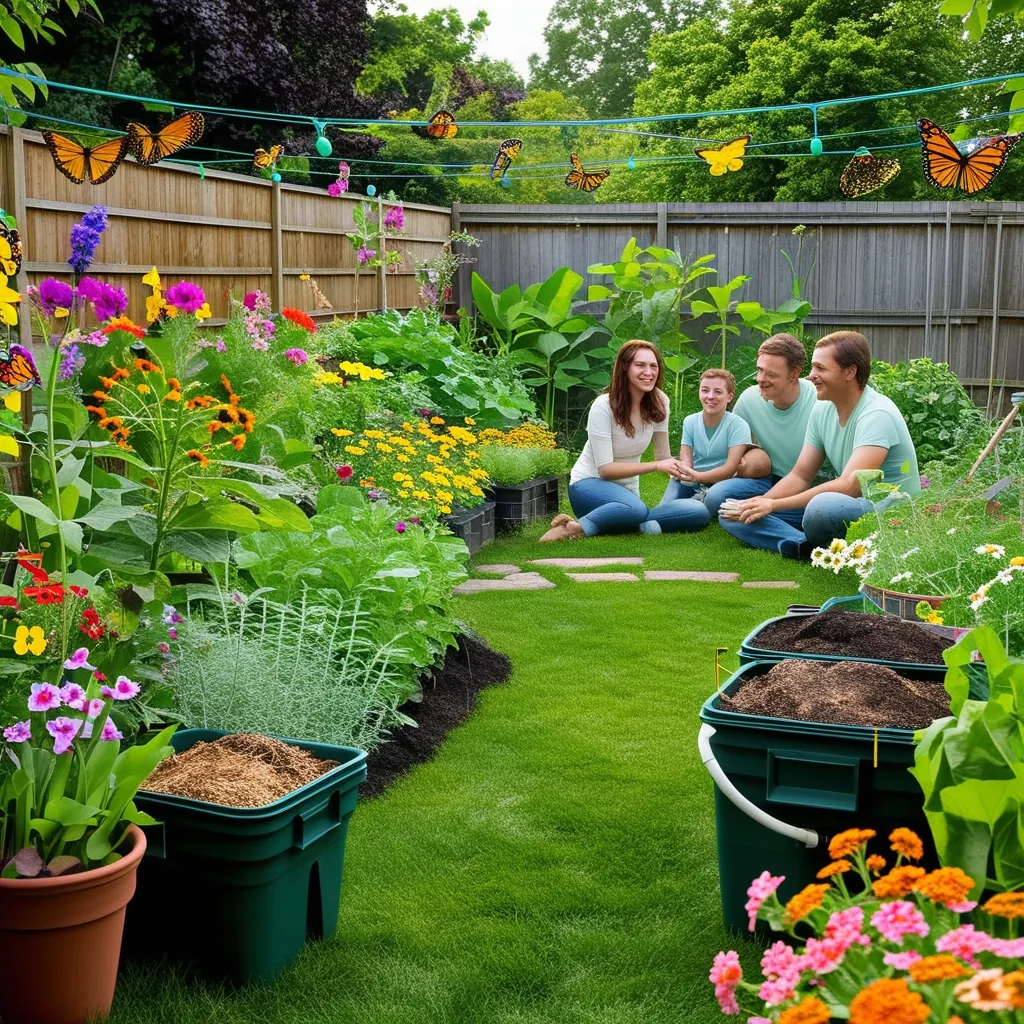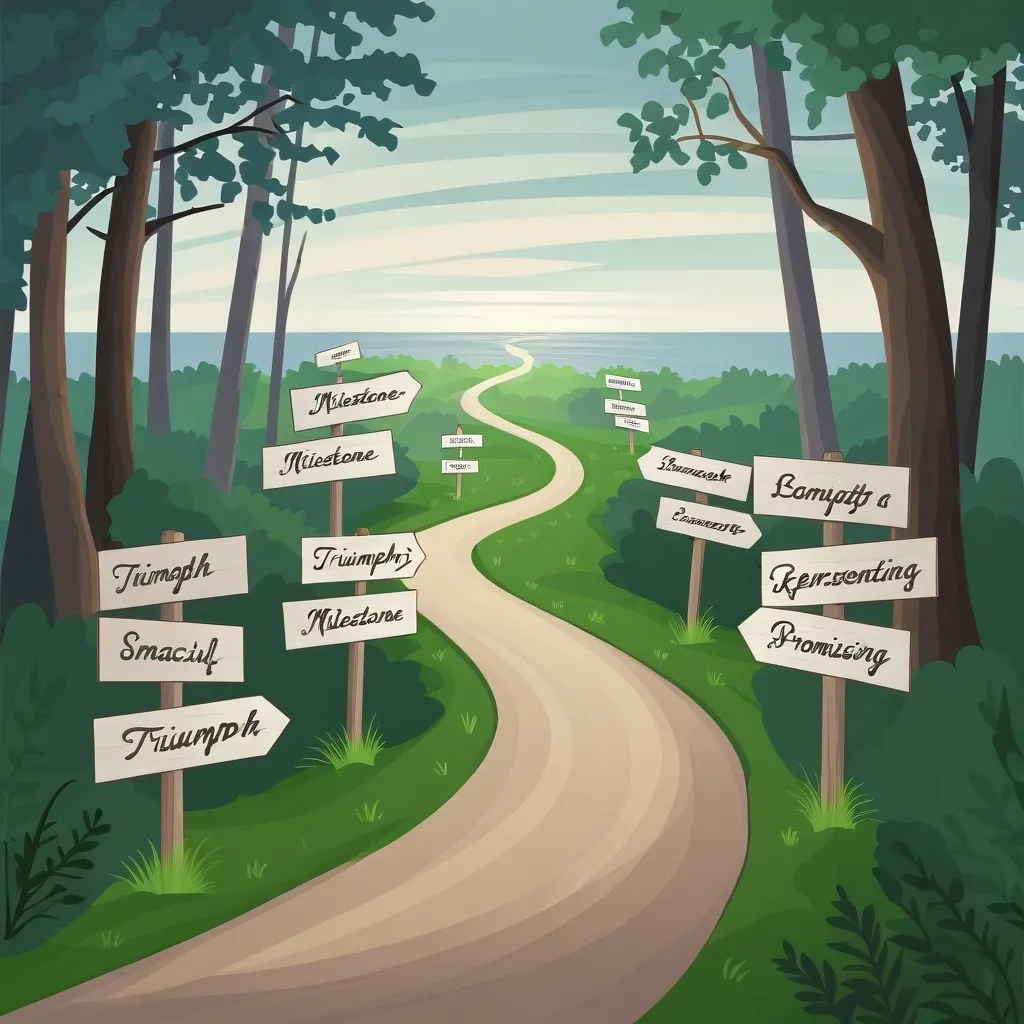Jumping into the world of sustainable backyard gardening is like embarking on a wholesome adventure that offers a ton of rewards. Not only does it fill your kitchen with fresh, organic produce, but it also makes Mother Earth smile. Let’s break down how you can get started on this greenthumb journey.
First off, let’s vibe with the core of sustainable and organic gardening. It’s all about tuning in with nature, steering clear of synthetic chemicals and GMOs, and boosting biodiversity. Imagine your garden as a mini-ecosystem that thrives naturally without any harmful stuff.
When you’re ready to dive in, start with some solid planning. Scout out the perfect spot that bathes in sunlight and has good drainage. Understanding your soil is the next step. You’ll want to know its type and nutrient content because this will help in picking the right plants and making any needed tweaks for optimal growth.
Healthy soil is like the heart and soul of your garden. Think of it as the secret sauce that makes everything bloom. Going organic with your soil and supplements keeps everything low-impact. Composting is a game-changer here — turning your kitchen scraps and yard waste into rich, nutrient-loaded soil. And don’t forget natural fertilizers; they’re like giving your plants a multi-vitamin.
Choosing the right plants is a biggie. Go for those certified organic, non-GMO plants that vibe well with your local climate and soil. Starting with tough plants that are easy to care for is a smart move, especially for newcomers.
Nurturing your garden with all things natural is key. Ditch the synthetic stuff and go for organic fertilizers like bone meal, which gives plants the nutrients they crave. Keeping pests in check? That’s doable with botanical insecticides that won’t mess up the balance of your garden.
Water management is another crucial part. We all know water is gold, so use it wisely. Drip irrigation and rainwater harvesting can be your best buddies here. These methods not only quench your garden’s thirst but also cut down on waste.
Techniques like companion planting and crop rotation are like the Batman and Robin of organic gardening. Companion planting means growing different plants together to help each other out, while crop rotation keeps the soil healthy and reduces pest risks.
Dealing with pests without those nasty synthetic pesticides can be tricky but definitely doable. Understanding the pests in your garden and their life cycles is key. Welcome beneficial insects into your garden and use natural barriers or organic products when needed.
Pollinators are the unsung heroes of your garden. Creating a pollinator-friendly environment with native plants can attract bees, butterflies, and other beneficial insects. This not only enhances your garden but also supports local ecosystems.
Gardening is also a great way to connect with family, especially kids. It’s like a live classroom where they learn about nature, sustainability, and food origins. Get them involved in planting, maintaining, and harvesting — it’s a win-win for everyone.
You don’t need a sprawling yard to kick off your organic gardening. Techniques like container gardening and vertical gardening make it possible to grow fresh produce in smaller spaces like balconies and patios. Start small and expand as you get a grip on things.
Facing challenges is part of the gardening journey, whether it’s unpredictable weather or tricky soil. Learning to adapt and roll with the punches is key. Knowing your local climate and soil conditions helps you anticipate and deal with these hiccups better.
Shooting for a self-sustaining garden is a long-term vision. It means creating a healthy ecosystem that sustains itself without relying on outside inputs. Focus on building strong soil and healthy plant communities, and remember, it takes time and patience.
Organic gardening can also be a communal activity. Getting involved in community gardens or sharing your bounty with neighbors spreads the love and principles of sustainable living. Hosting get-togethers or workshops is a fantastic way to bond with fellow gardening enthusiasts.
Harvest time is the icing on the cake. Knowing when and how to pick your produce ensures it’s top quality. And for a year-round supply, consider preserving or freezing your haul. Canning, making sauces, and other preservation techniques can make your harvest last.
Starting a sustainable backyard garden is a trip that calls for patience, dedication, and a learning spirit. By sticking to these steps and immersing yourself in the essence of organic gardening, you’ll create a lush green space that provides fresh produce and promotes a healthier environment. It’s all about syncing with nature and fostering a balanced ecosystem where your garden can thrive. Happy gardening, everyone!






